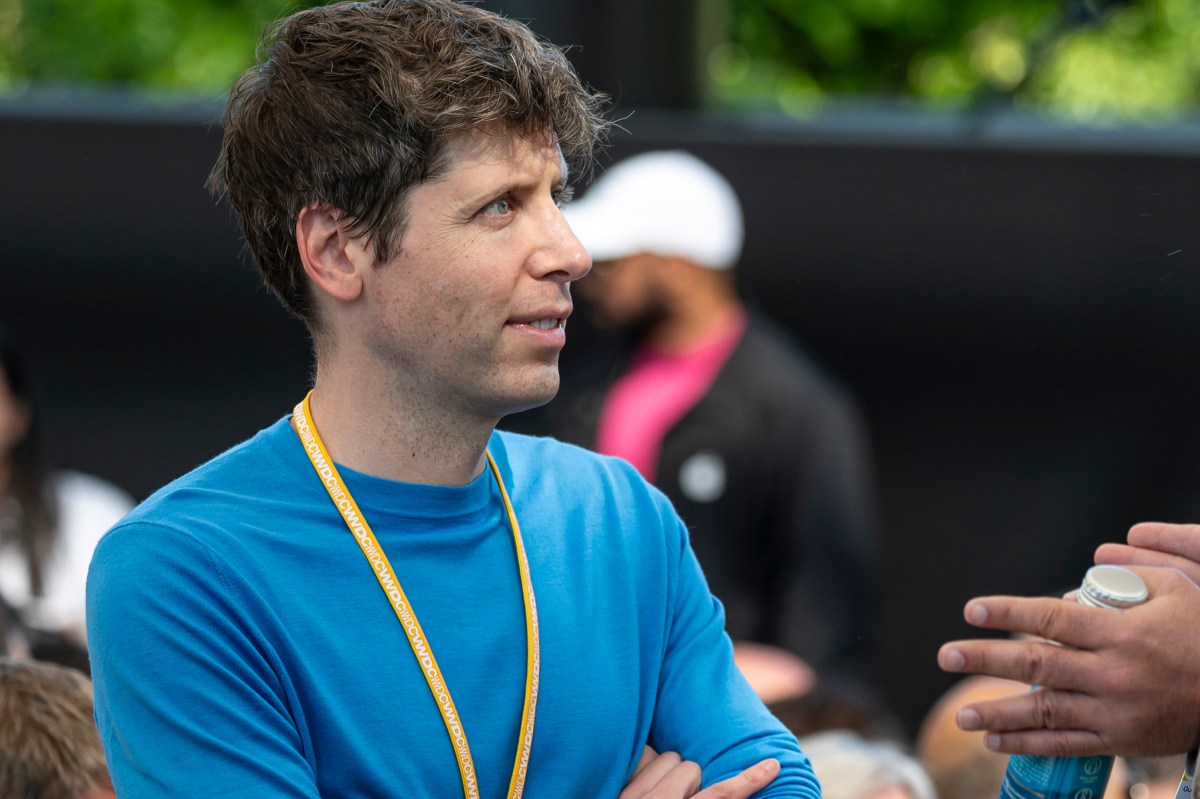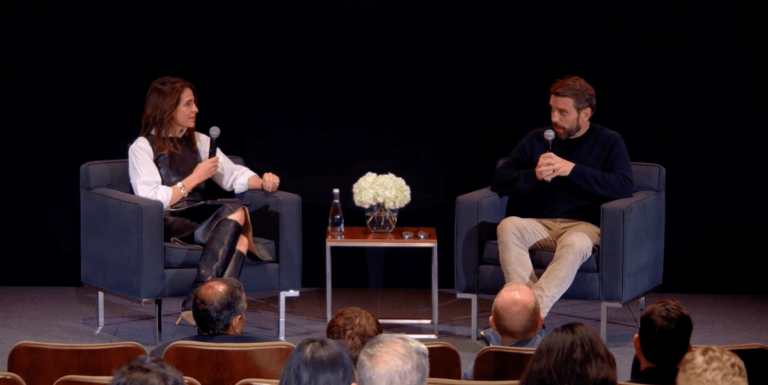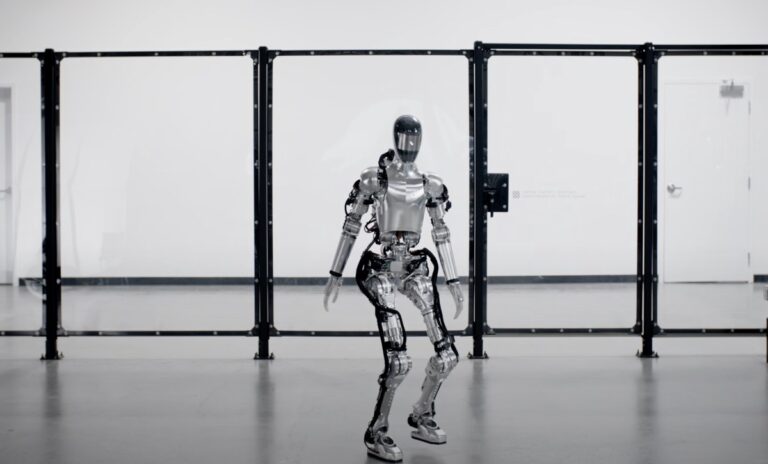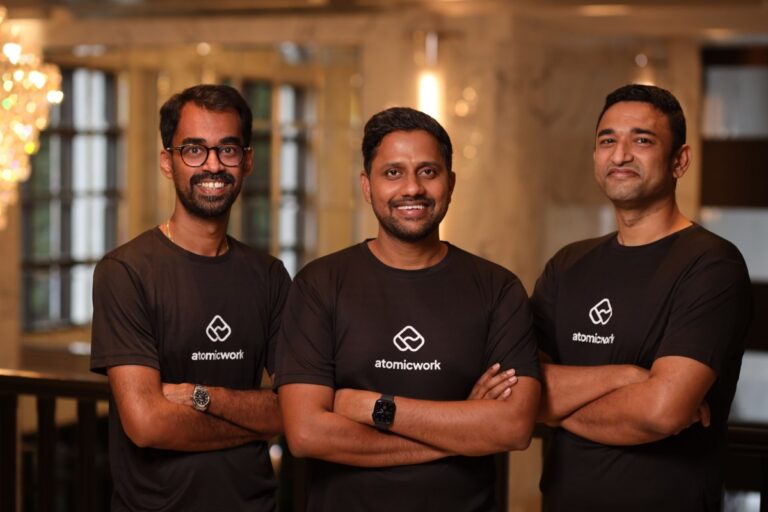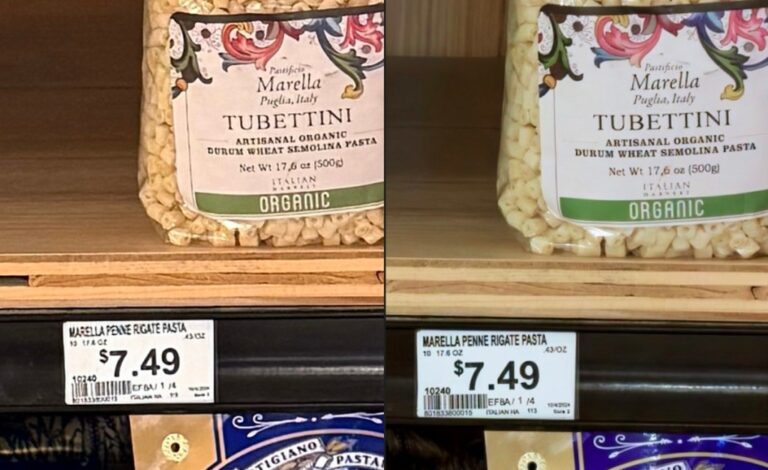OpenAI Partners with Longevity Startup to Revolutionize Human Life Extension
OpenAI has recently announced the development of a groundbreaking AI model known as GPT-4b micro in collaboration with Retro Biosciences, a startup focused on extending human lifespan. This innovative partnership aims to explore the potential of longevity science, as reported by the MIT Technology Review.
Collaboration with Retro Biosciences
Retro Biosciences, which has the support of entrepreneur Sam Altman, has been collaborating with OpenAI for approximately a year. Together, they are researching ways to enhance human longevity through advanced AI technologies.
Understanding the GPT-4b Micro Model
The GPT-4b micro model aims to re-engineer specific proteins, particularly a group known as the Yamanaka factors. These factors have the potential to transform human skin cells into youthful stem cells, which could be pivotal in future medical advancements.
Potential Impact on Medical Science
- Human Organ Development: Retro believes that by manipulating these proteins, they can facilitate the creation of human organs.
- Cell Replacement: The production of replacement cells could significantly impact regenerative medicine.
Comparison with Existing Technologies
This model presents a distinct approach compared to Google’s AlphaFold, which has received a Nobel Prize for its ability to predict protein structures. The GPT-4b micro model marks a significant step as OpenAI’s first AI specifically designed for biological research.
Future Research and Developments
OpenAI and Retro Biosciences have indicated plans to publish their research findings related to the GPT-4b micro model and its applications. This release is highly anticipated in the scientific community, as it could pave the way for new discoveries in longevity science and biotechnology.
For more insights into AI advancements and their implications for health and science, check out our AI in Healthcare page.

